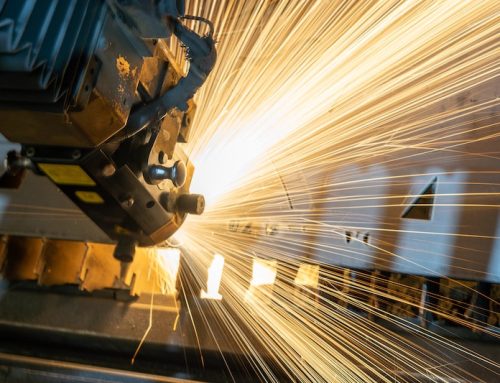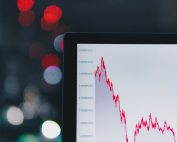Exploring the Legal Implications of Tesla Insider Trading
December 19, 2022
Insider trading is the practice of trading stocks, bonds, or other securities by corporate insiders, who possess confidential information about their company. This type of trading is considered illegal due to the unfair advantage it gives to those in the know. Tesla Inc. is an American automobile and energy company founded in 2003. The company has made headlines for its innovative approach to electric cars and renewable energy sources. In recent years, Tesla has been the subject of several insider trading investigations due to the questionable practices of some of its executives.
History of Insider Trading in Tesla
In 2015, the Securities and Exchange Commission (SEC) launched an investigation into possible insider trading at Tesla. The investigation centered around the company’s CEO, Elon Musk, who had been accused of trading on non-public information. The investigation concluded that Musk had not violated any securities laws, but the incident raised concerns about the company’s handling of insider trading.
In 2018, Tesla settled with the SEC over a separate insider trading case. The SEC accused the company of failing to properly prevent the misuse of material nonpublic information by some of its executives. The settlement required Tesla to pay a $20 million fine and implement new procedures to ensure that insider trading is properly monitored and reported.
Legal Regulations
The SEC is the primary regulator of insider trading in the United States. The SEC’s rules require that all trades made by corporate insiders must be reported to the public within a specified period of time. In addition, the SEC has the power to impose civil penalties for insider trading violations, including fines and even jail time.
In addition to the SEC, other government agencies have regulations governing insider trading. The Commodity Futures Trading Commission, or CFTC, oversees all trading in commodities markets, while the Financial Industry Regulatory Authority, or FINRA, regulates the activities of brokerage firms and other financial institutions.
Recent Insider Trading Cases
In 2019, a Tesla employee was accused of insider trading after he allegedly shared nonpublic information about the company with his brother. The employee was charged with two counts of securities fraud and faces up to 20 years in prison for each count.
In 2020, two former Tesla employees were charged with insider trading. The two had allegedly sold shares of Tesla stock based on confidential information about the company that they had acquired through their positions at the company. The two are facing up to 25 years in prison and millions of dollars in fines if convicted.
Potential Legal Implications
Insider trading is a serious crime that carries severe penalties. Those found guilty of engaging in insider trading may face significant fines, jail time, and other sanctions. In addition, those found guilty may be barred from ever serving as an officer or director in a publicly traded company. This could have a major impact on those accused of insider trading, as it would limit their ability to work in certain sectors of the economy.
Conclusion
Tesla is no stranger to insider trading investigations and settlements. The company has faced scrutiny from both the SEC and other government agencies due to its failure to properly prevent insider trading by some of its executives. Those found guilty of insider trading face significant legal consequences, including fines, jail time, and other sanctions. It is clear that Tesla must take steps to properly monitor and report any potential insider trading activity in order to avoid similar situations in the future.
Recent Posts














